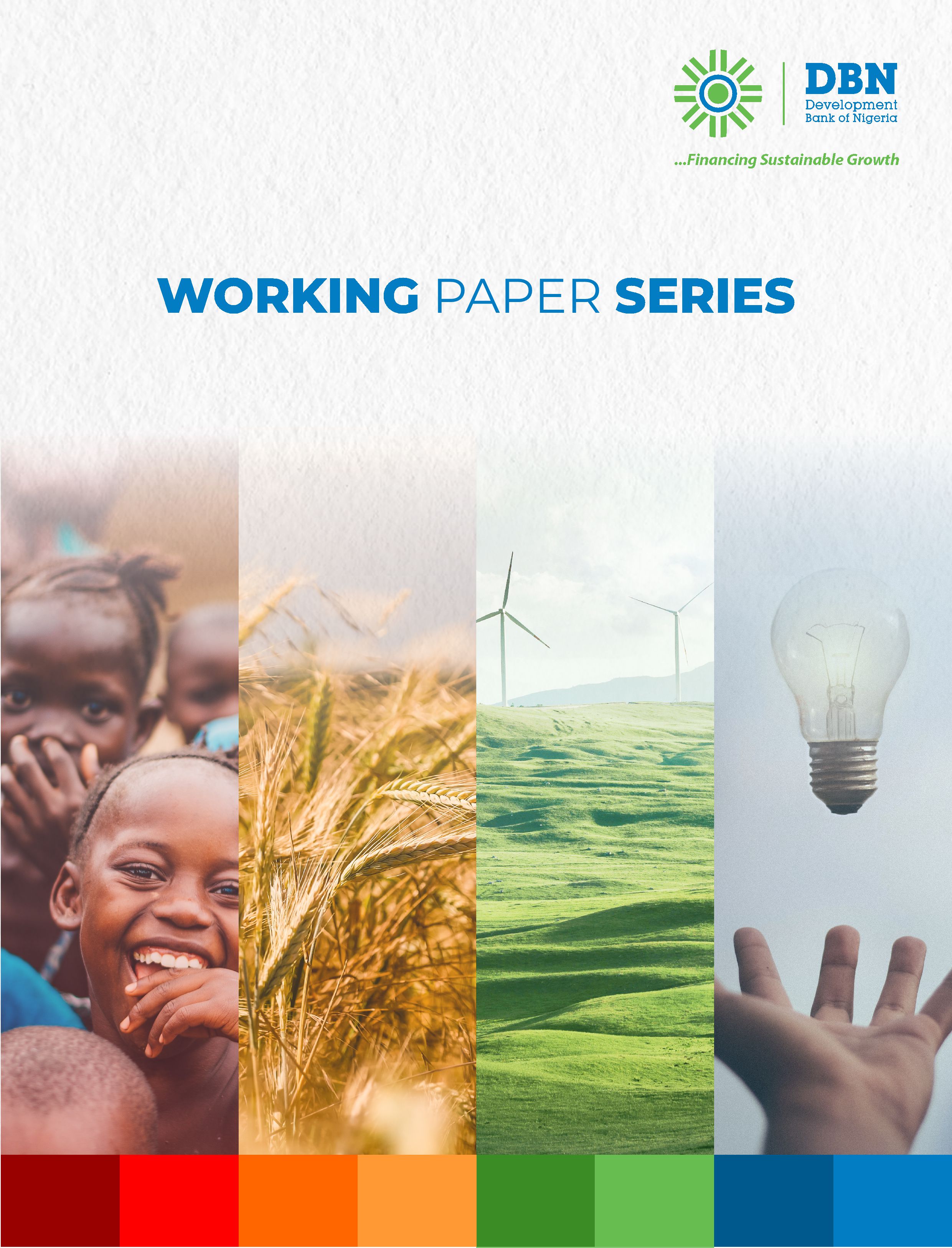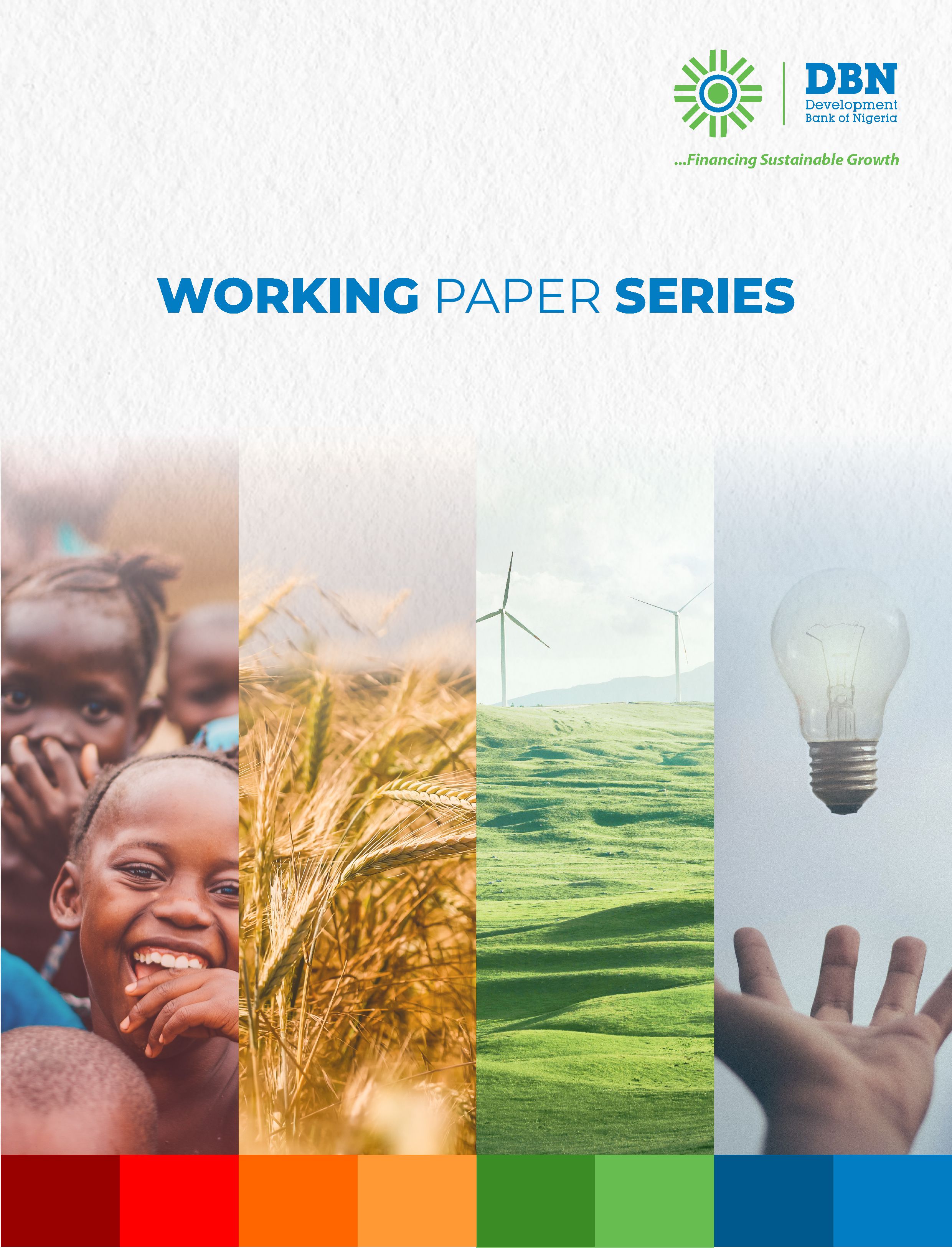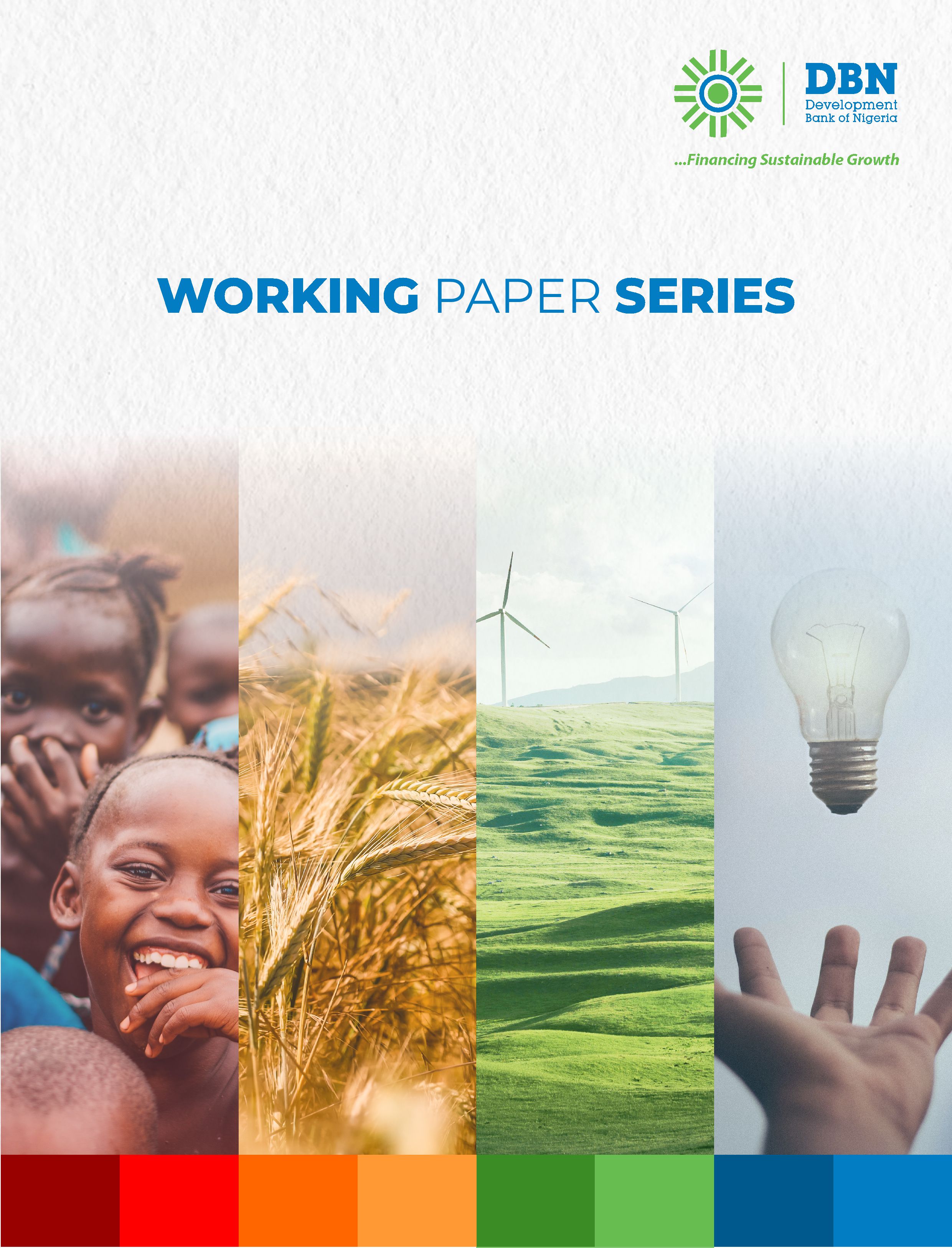
Publication Information
Published by: Admin
Published: 1 year ago
View: 330
Pages: 26
ISBN:
Abstract
The purpose of this paper is to critically examine the national home grown school feeding programme (NHGSFP) in Nigeria. Its special focus is to investigate the impact of NHGSFP on rural communities in Nigeria. This paper adopts a survey research technique, aimed at gathering information from a representative sample of the population, as it is essentially cross-sectional, describing and interpreting the current situation. A total of 2400 households were sampled across the six geopolitical regions of Nigeria. The results from the use of a combined propensity score matching and logit model indicate that NHGSFP makes significant contributions to improving the health and educational status of rural school children, stimulate job creation and boost rural economy. This implies that a well-designed and integrated home grown school feeding programme can make significant contributions to improving food security at the household level, spurring job creation and boosting agricultural markets. This suggests the need for a purposeful engagement and support from all stakeholders to ensure the success of home grown school feeding programmes. This research adds to the literature on school feeding in low-income countries. It concludes that school feeding programmes have been shown to directly increase the educational and nutritional status of recipient children, and indirectly impact the economic and social lives of themselves and their family.
Joseph I. Uduji Mr.
Elda N. Okolo-Obasi Mrs
Related Publications

VOLUME 6 ISSUE 3 2023
The role of mobile money innovations in transforming unemployed women to self-employed women in sub-Saharan Africa

VOLUME 6 ISSUE 3 2023
The Impact of National Home Grown School Feeding Programme (NHGSFP) on Rural Communities in Nigeria

VOLUME 6 ISSUE 3 2023
Microfinance institutions and female entrepreneurship in Sub-Saharan Africa: avoidable female unemployment thresholds
